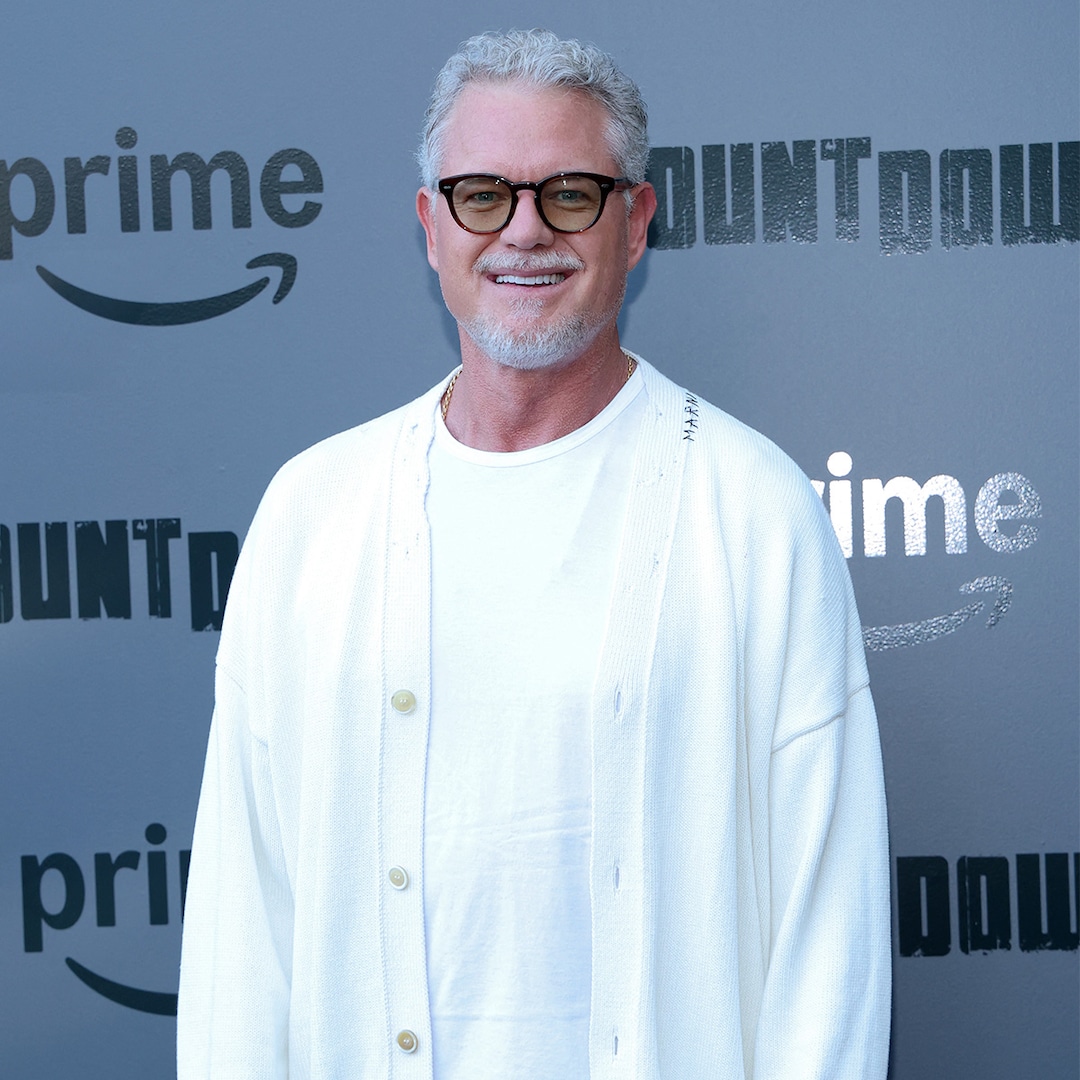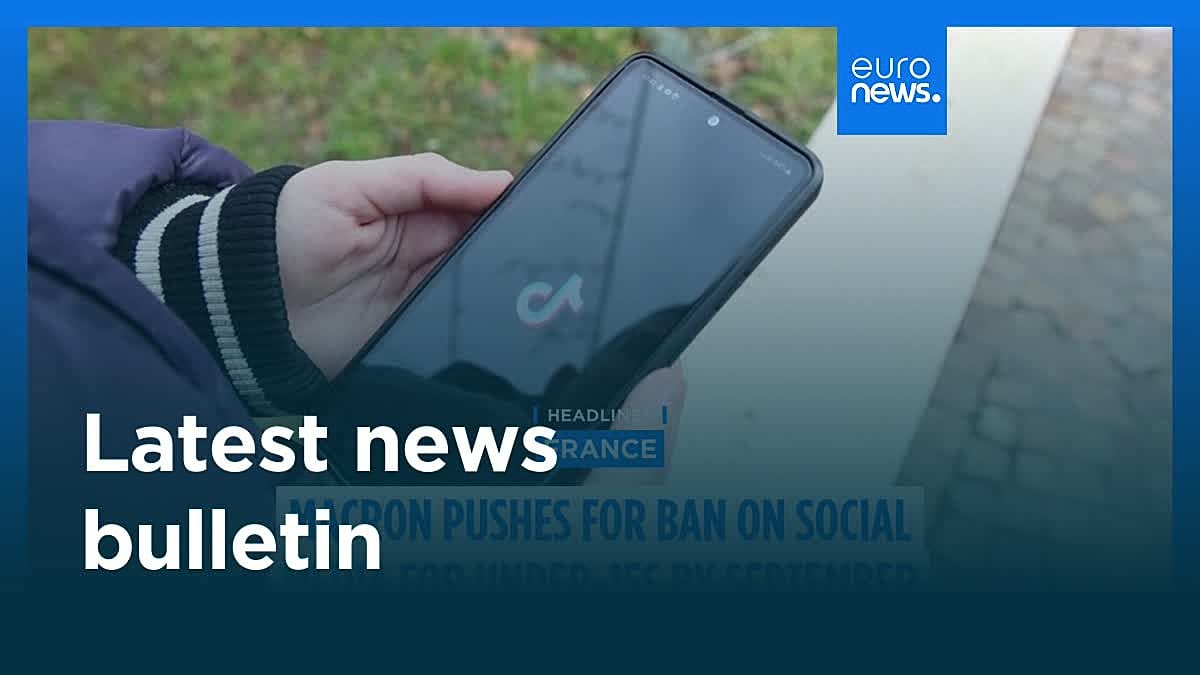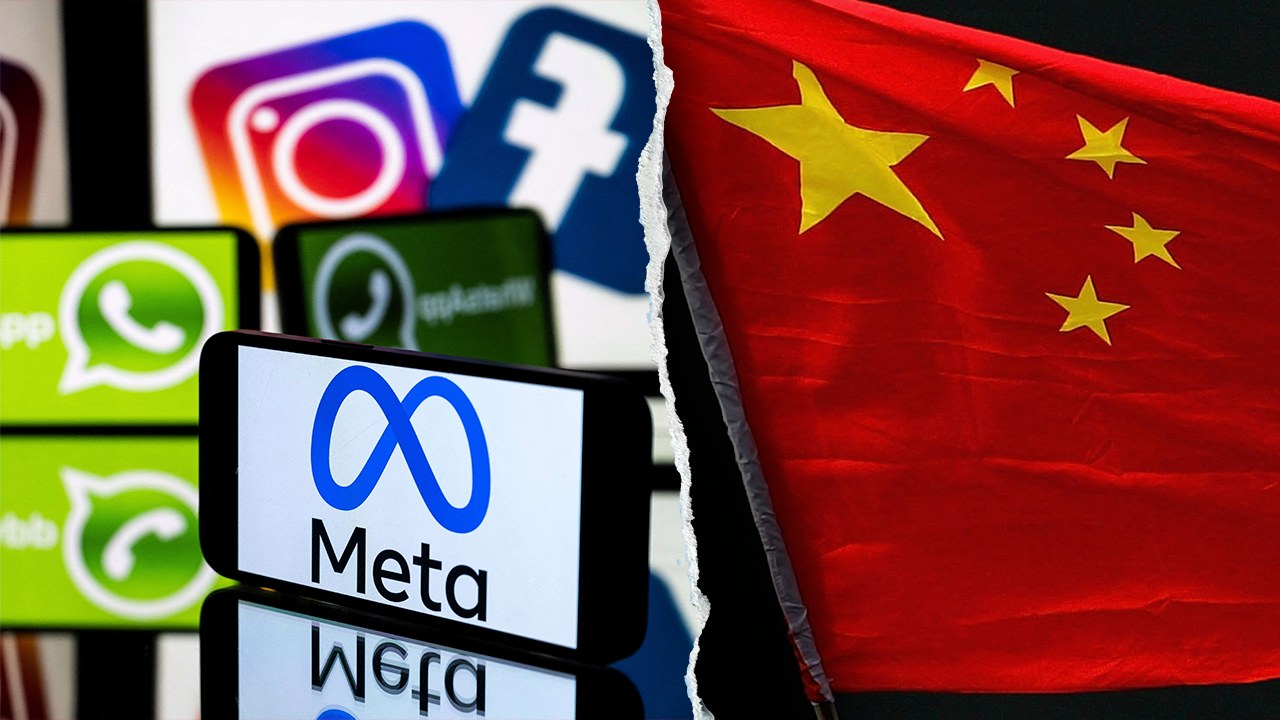The deal didn’t die because of AI: It died from silence

Let’s start by analysing this case: A startup with all the right ingredients: strong traction, a clean cap table, and a buyer with strategic fit. Thanks to AI, the narrative made the pitch even stronger. The board was aligned. Or so it seemed.
Then came the diligence call. A direct question came up: “How does this fall under the EU AI Act?”… The founder looked over at the board. One person mumbled something about checking into it. And that was it. No one followed up, no one took ownership, and no plan was made. There were no notes, no action items, just last month’s board minutes, which read more like a raw transcript than a record of actual decisions.
Three days later, the buyer quietly stepped away. No drama, no fuss. Just a calm exit, the kind that happens when no one at the table appears to be in charge. Quiet disengagement follows when there is no clear sign that anyone is steering.
The risk that doesn’t show up in the deck
In 2024, Europe’s startup ecosystem is being rewritten by AI. Aleph Alpha raised €500 million. Mistral hit unicorn status in under a year. Synthesia reshaped the future of content creation. And now, with the EU AI Act in effect, regulation is no longer a vague concern. It is a live parameter in every serious conversation about capital, product, and risk.
In that context, founders are running faster. That is not the problem. The problem is that boards are not keeping up, and when buyers notice the gap, they walk.
Silence isn’t confidence: It’s absence
In my work, I have seen boards that lack an understanding of AI. That is not fatal. What is fatal is a board that does not ask about it. They do not question assumptions. They do not flag risks. They do not clarify who owns what. In the absence of challenge, buyers assume the worst, not because of what is said, but because of what is not.
One buyer put it sharply: “If no one’s argued about this internally, they probably don’t know where it breaks.”
In deals above €30 to €50 million, governance becomes part of the signal. Buyers read more than financials. They read posture. When the board appears to be a passive audience rather than a decision-making body, the deal starts to look fragile, no matter how strong the product may be.
This isn’t about regulation: It’s about trust
You do not need an AI scientist on the board. You need someone who can connect product, capital, and compliance, and who is confident enough to say, “Explain this again.” Most AI strategies do not fail because of overreach. They fail from a lack of examination.
In one recent case, the founder talked eloquently about a new AI layer. The CFO nodded. The board nodded. No one asked how it was trained, how it would be governed, or what would happen if it failed. The buyer noticed and decided not to find out the hard way.
I am not suggesting drama. I am suggesting a signal. A good board leaves a paper trail of tension: dissent, pushback, risk ownership. Not to block progress, but to show that someone is minding the store.
If you’re reading this before an exit, you’re already late
- Founders: if your board went silent the moment AI entered the product roadmap, that is not alignment. That is exposure. Invite friction now.
- Investors: if the deck is full of AI claims but the board minutes are full of blank space, that is a liability, not a moat.
- NEDs: Your job is not to interpret the model. It is to make sure the team is not interpreting reality too optimistically.
- Buyers: if everything sounds too clean, ask who has been allowed to say “no“, and when they last did.
To sum up: Startups do not fail because of AI. They fail when no one asks what could go wrong. The strongest boards I have worked with do not just approve the plan; they interrogate it. Not to slow it down, but to make sure it survives contact with the real world.
If your AI story is ready for the market, ensure your governance is too. Because in exits, the real risk is rarely what is on the slide. It is what no one says out loud.
The post The deal didn’t die because of AI: It died from silence appeared first on EU-Startups.















































